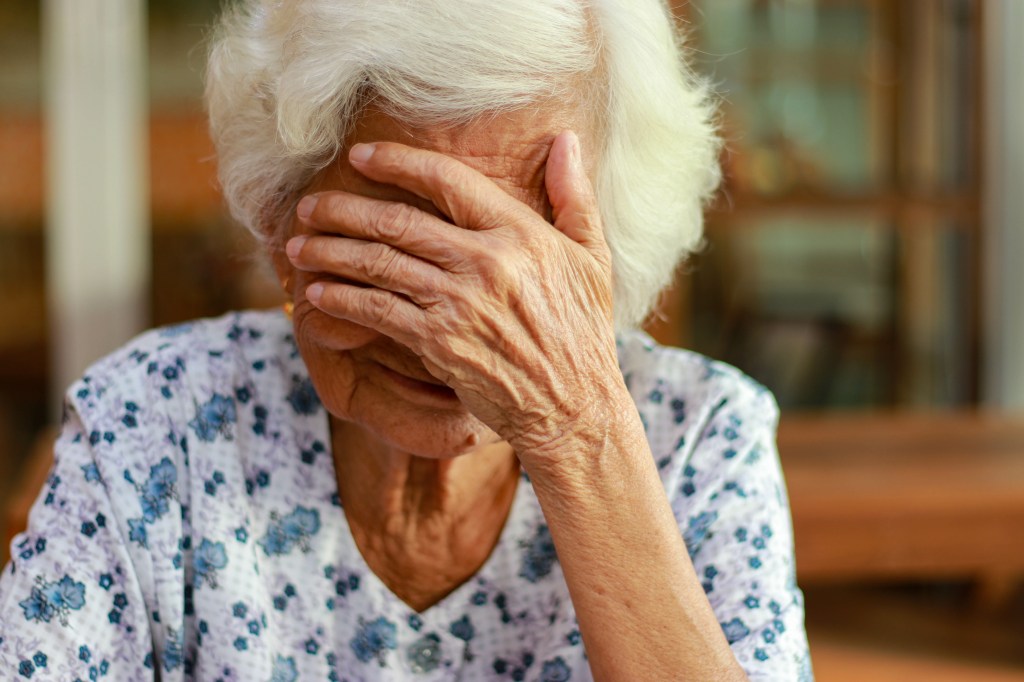A midnight drowsiness is not always as harmless as it may seem.
For some, the constant drowsiness of the day can be more than just a function of aging – it can be a warning sign of madness.
A new study has listed when drowsiness during the day is a key that you are directed at mental decline.

Researchers analyzed the data of 733 women in their 80s and found that those that were increasingly tired of the day throughout the five-year study were twice as likely to develop madness.
“Sleep is essential for cognitive health, as it allows the brain to rest and renovate, increasing our ability to think clearly and remember information,” said lead author Yue Leng, a Professor of Psychiatry at the University of California in San Francisco, in a press release.
However, little is known about how sleep and recognition changes are related to time and how these changes are related to the risk of dementia in later decades of life.
“Our study found that sleep problems can be intertwined with cognitive aging and can serve as an early marker or risk factor for madness in women in the 80s.”
Before you worry too much – generally, smelling earlier as you hit your twilight years is normal.
“As we grow old, our Circadian rhythm shifts to what is called a” phase progress “means that we naturally feel sleepy earlier,” Dr. Dylan Petkus, a sleep specialist and founder of optimal circadian health in Florida, previously told the post.

“It’s not just preference. Your body clock is changing,” he added.
The study’s authors note that the findings do not prove that the drowsiness of the day causes dementia – only that there is a link between the two.
“We have noticed that sleepy, sleepy and circadian rhythms can change dramatically over only five years for women in the 1980s,” Leng said.
“This highlights the need for future studies to look at all aspects of daily sleep patterns to better understand how changes in these models over time can relate to the risk of dementia.”
That is to say, the findings match previous research, such as a 2022 study that suggests the elderly who sleep more than an hour a day have a 40% higher risk of developing Alzheimer’s disease compared to those who sleep less than an hour.
And a 2019 study found that individuals in their 1970s who were too sleepy during the day were more likely to develop motor-cognitive risk syndrome-a pre-minded condition.
Experts believe that the connection between drowsiness and dementia can be due to a disease that aims for parts of the brain that keep us awake and alert during the day.
The study was published on March 19 in the journal Neurology.
#sleep #sign #develop #madness
Image Source : nypost.com